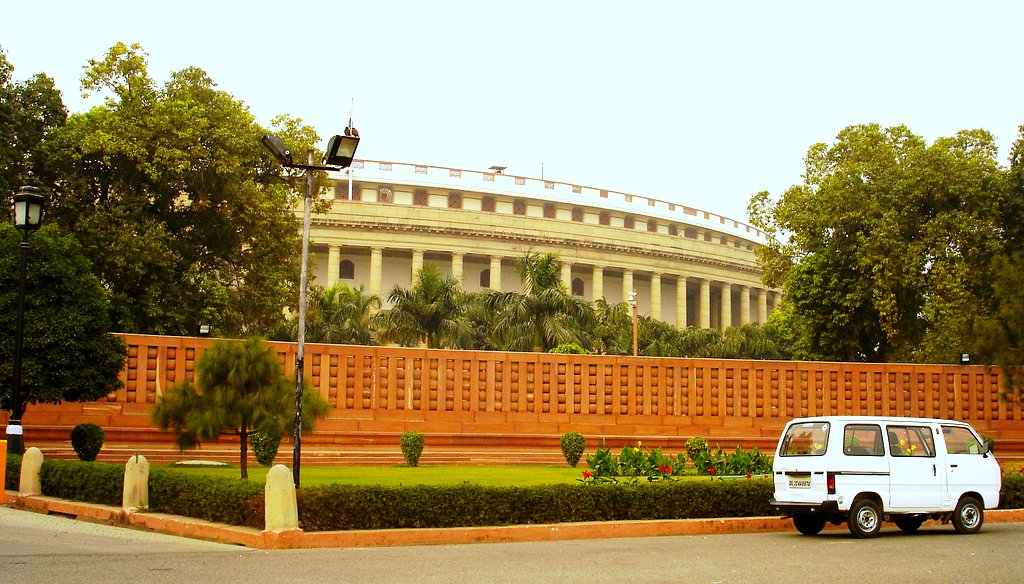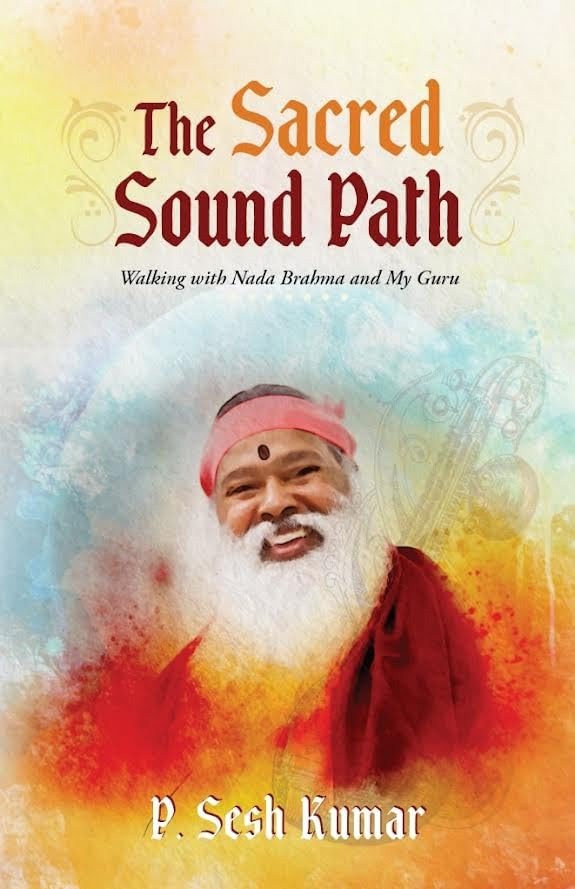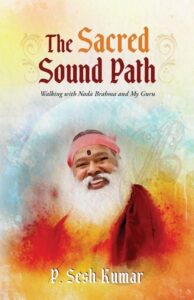Simultaneous Central, state polls a bad idea
Ravi Shanker Kapoor | November 21, 2016 12:00 am

In order to improve India’s democratic institutions, the idea of simultaneous Central and state elections is doing the rounds. It’s a bad idea; it should be nipped in the bud.
Economist and NITI Aayog member Bibek Debroy and Aayog official Kishore Desai have prepared a discussion paper on the subject of simultaneous polls. The paper offers four reasons for a synchronized election cycle. First, it is drain on exchequer. The Election Commission, the paper says, has estimated that the cost of holding elections for Lok Sabha and State Assemblies together is Rs 4,500 crore. The 2014 Lok Sabha election incurred an expenditure of Rs 3,870 crore, while Bihar Assembly polls alone cost Rs 300 crore. The argument is that simultaneous elections would save a few thousand crores.
Second, the paper says, elections result in the imposition of the ‘code of conduct’ that adversely affects routine governance and development projects. Third, a vast section of the armed forces is regularly pressed into service for the purpose. And, finally, elections tempt politicians to stress on polarizing issues oriented around caste, creed, etc.
All these arguments, except that of the pressure on armed forces, are flimsy. A few thousand crore rupees are a drop in the ocean, for the annual government revenue runs into lakhs of crores. Besides, there are several other methods of curtailing government expenditure and augmenting revenue—e.g., slashing subsidies, rationalizing populist schemes, privatizing public sector undertakings and banks, etc.
Regarding the problems related to the code of conduct, I doubt it is of any consequence for several reasons in the first place. Incumbent politicians make all announcements before it is imposed. The very rationale of the code is dubious: it is based on the assumption that when the code is in place, people become stupid and credulous, and they get swayed by the promises made the government on its last legs, so politicians should be barred from making populist promises; but people are intelligent before the imposition of the code! Even if the government doesn’t want to do away with the code, it should sort out the issue with the Election Commission; the latter has to apply the code rationally and not mechanically.
As for politicians polarizing public discourse, they do it all the time all over the world. The solution, however, does not lie with change in formal structures and laid-down processes but with public discourse itself: if political debate is enriched with scholarship, anchored in reason, and buttressed with facts, it would minimize polarization; but if it is, as it happens nowadays, animated by cant and perverted by unctuousness, it would provide a perfect arena to politicians to play their dirty games.
The NITI Aayog is headed by the Prime Minister, and it is well-known that Narendra Modi favors simultaneous polls. Perhaps, this is the reason that the Debroy paper has made a case for holding Central and state elections together.
The biggest objection to the simultaneous elections is that it puts too high a premium on thrift and stability, at the expense of democracy itself. What if, say, some prime minister or chief minister is adamant on dividing the country? This is not a hypothetical scenario: V.P. Singh did try to divide the country on communal and caste lines. The cardinal principle of parliamentary democracy is that the executive is responsible to the legislature; efficacy and frugality can’t be allowed to undermine this principle.
Evidently, Modi’s intentions are honorable, but simultaneous elections are not the solution.































